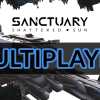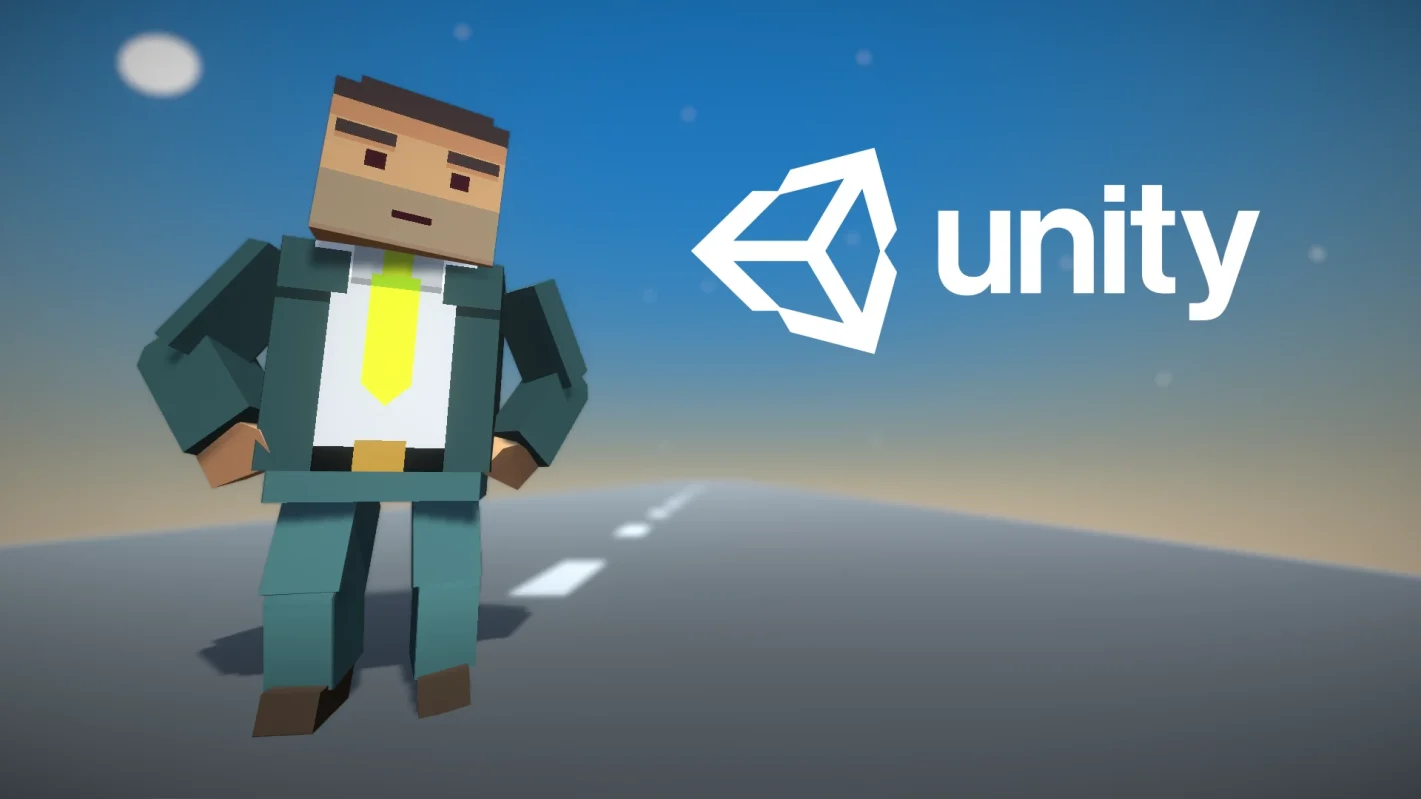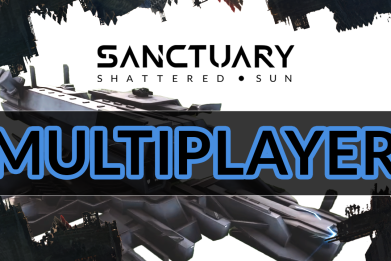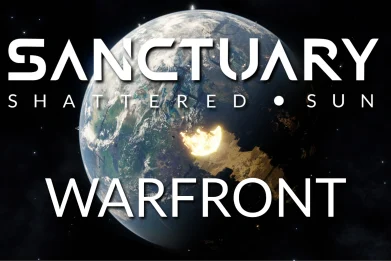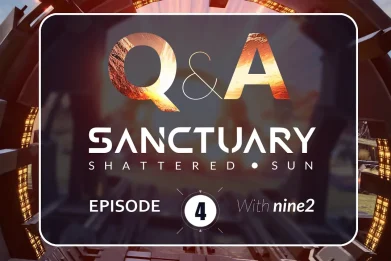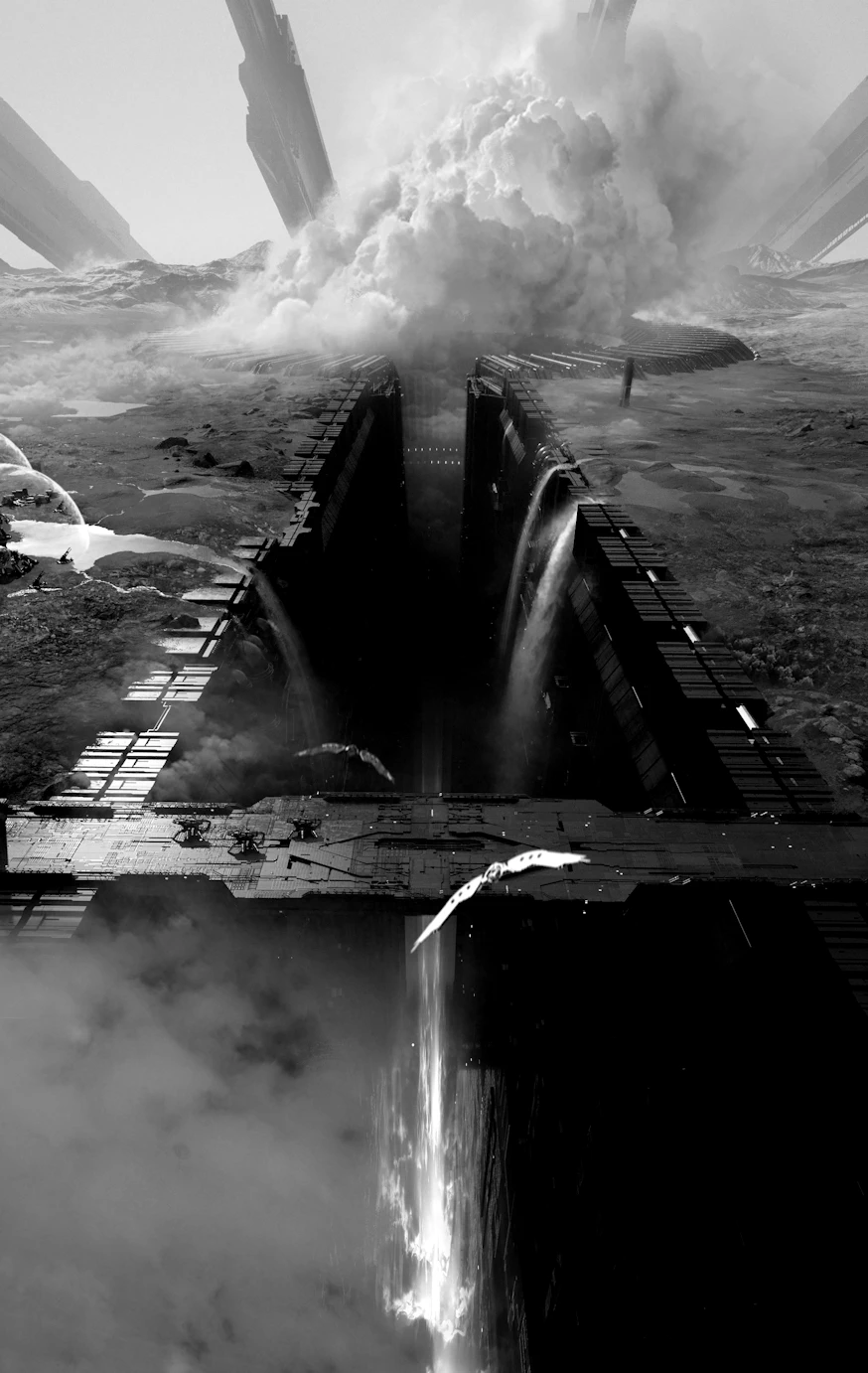In a move that Unity Create president Marc Whitten candidly described as a way to “make more money,” the popular game development company has announced significant changes to its pricing structure. Starting in January 2024, Unity plans to introduce a new charge known as the “Unity Runtime Fee.”
This fee will be based on the number of users who install games built using the Unity engine. It will apply only after certain revenue and installation thresholds are met, varying according to the developer’s subscription plan:
- Unity Personal and Unity Plus: Fees kick in when a project surpasses $200,000 in revenue over 12 months and 200,000 total installs.
- Unity Pro and Unity Enterprise: The thresholds are higher, starting at $1 million in revenue and 1 million installs within the same period.
Fee Structure
Developers will be charged monthly, with the per-install fee depending on the subscription plan:
- Unity Personal and Plus: A fixed fee of 20 cents per install.
- Unity Pro: Starts at 15 cents per install, decreasing to 0.02 cents per install as installations increase.
- Unity Enterprise: Starts at 12.5 cents per install, dropping to 0.01 cents per install at high install volumes.
Community Reaction and Concerns
The introduction of an install-based fee structure has sparked widespread debate, particularly as it appears to disproportionately impact smaller developers using Unity Personal or Plus plans, compared to larger studios on Pro or Enterprise subscriptions.
Unity justified the move by citing the ongoing costs of maintaining the Unity Runtime, the executable that allows Unity-made games to run. Previously, Unity did not charge developers for services related to Unity Runtime. According to the company, the new fee helps offset the expense of ensuring compatibility with constantly updated platforms.

“It’s quite expensive,” Whitten stated, emphasizing that the fee targets developers who achieve “scaled success” with their games, while smaller studios are given time to build an audience before facing additional costs.
Implications for Sanctuary: Shattered Sun
How will this affect Sanctuary: Shattered Sun? We’ve reached out to the developers for their thoughts on the matter and will share their response when available.
However, one community member on the official Discord summed up their initial reaction with a single comment:

While some fans are bracing for potential challenges, others remain cautiously optimistic as more details emerge. For now, the impact of this change on the broader gaming ecosystem – and Sanctuary in particular – remains to be seen.


